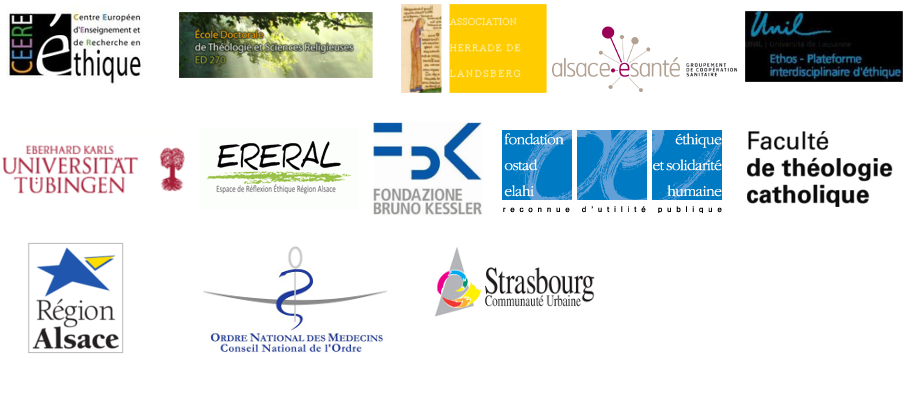MÜLLER Sigrid

Nom, prénom : MÜLLER, Sigrid
Adresse professionnelle :
Universität Wien, Katholisch-theologische Fakultät, Institut für Systematische Theologie, Fach : Theologische Ethik, Schenkenstraße 8-10, 1010 Vienna
Titres universitaires et professionnels :
Univ.-Prof. Dr.
Titre de la conférence
Lebensqualität und Gesundheitsökonomie
Résumé de la communication(FR)
Qualité de vie et économie de la santé
La qualité de vie est universellement reconnu comme un objectif souhaitable, mais elle peut être déterminer de différentes façons. En contraste à cette diversité s’érigent les nécessités du système de santé de définir des règles relatives aux services de santé et à leurs bénéficiaires. Existe-t-il un moyen de concilier les approches qualitative et quantitative pour une qualité de vie ? Cette communication répond à cette question avec une analyse de chacune de ces approches basée sur leur représentation conceptuelle.
Summary of communication (EN)
Quality of life and health economics
Quality of life is accepted as common aim for human beings, but experienced in very different ways. A counterpart to the personal side is the system of health economics which is bound to establish rules which types of healthcare should be provided for which recipients. Is there a way of matching qualitative and quantitative approaches to quality of life discussions ? The paper tries to answer this question by analysing the underlying concepts of the different approaches.
Lebensqualität und Gesundheitsökonomie
Qualité de vie et économie de la santé
Quality of life and health economics
Zusammenfassung :
Lebensqualität ist ein als erstrebenswertes Ziel allgemein anerkannt, kann aber auf sehr unterschiedliche Weise bestimmt werden. In gewissem Kontrast zu dieser persönlichen Deutungsvielfalt steht die Notwendigkeit des Gesundheitssystems, allgemeine Regeln für die Gesundheitsleistungen und deren Adressaten zu definieren. Gibt es eine Möglichkeit, qualitative und quantitative Zugänge zur Lebensqualität einander anzunähern ? Der Beitrag antwortet auf diese Frage mit einer Analyse der beiden Zugängen zugrunde liegenden begrifflichen Vorstellungen.

